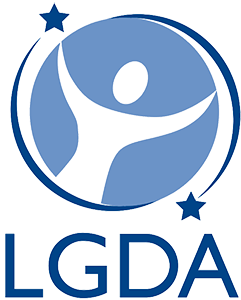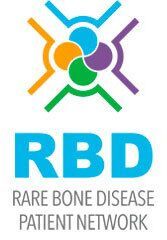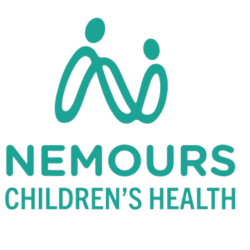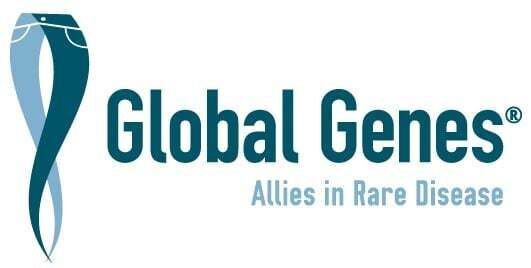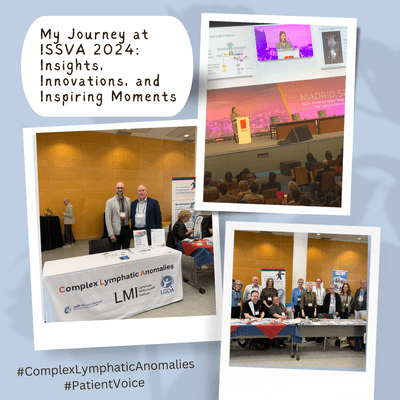
My Experience at the Scientific World Congress 2024: ISSVA - A Beacon of Hope for the CLA Community - Tracy Milne
I had the fortunate opportunity to attend the 24th Scientific World Congress in Madrid, organized by the International Society for the Study of Vascular Anomalies (ISSVA). Representing the LGDA and the CLA patient community, I felt honored to be part of such an esteemed event. The local host, Dr. Juan Carlos Lopez Gutierres, and his team did an exceptional job in facilitating this significant gathering.
The ISSVA Scientific Congress serves as a vital platform for fostering collaboration, sharing knowledge, and exploring innovative solutions to the myriad challenges facing healthcare providers, researchers, and patient advocacy groups focused on vascular anomalies. I was particularly encouraged by the increased mention of Complex Lymphatic Anomalies (CLAs) by dedicated doctors and researchers.
Although the ISSVA Conference has been running for ten years, it is only in recent times that patient groups have been invited to attend. This inclusion offers a crucial opportunity to meet with medical professionals in vascular anomalies and raise awareness of the important work we do, as well as the support we can offer patients that doctors cannot provide.
The presentations featured specialists from around the world, each discussing the research being conducted at their institutions. The collaboration between hospitals and countries worldwide gave me a great sense of comfort and hope as I continue to work with the LGDA and support patients and families affected by CLAs. It was a fantastic opportunity not only to hear from researchers about their groundbreaking work but also to meet and talk with other patient groups supporting those with rare vascular and lymphatic diseases.
I want to extend a big thank you to the LGDA for the opportunity to attend and represent the CLA community. The presentations were truly inspirational, and I wish I could mention them all by name, but there are too many; however, I have highlighted a few below.
- Sarah Sheppard from NIH: Her research focuses on establishing additional zebrafish lymphatic anomaly models, defining disease progression, and identifying therapeutic treatments for individuals affected by KRAS-related CCLA.
- Sheba Medical Center, Israel: This team aims to develop a zebrafish model of KLA to characterize the disease pathogenesis and identify new drugs.
- Mike Dellinger from UT Southwestern Medical Center: He presented on hyperactive KRAS-MAPK signaling, which disrupts normal lymphatic vessel architecture and functions.
- Whitney Eng from Boston Children’s Hospital: She gave an update on clinical features, treatment approaches, and the use of targeted medical therapies in KLA.
These presentations, each highlighting significant advancements in CLA research, offer hope and tangible progress for the CLA community. The Congress underscored the power of collaboration and innovation in addressing complex health challenges, and I left feeling inspired and optimistic about the future of CLA treatment and support.
Attending the ISSVA Scientific Congress was an enriching experience, reinforcing the importance of our work and the potential of ongoing research to make a real difference in the lives of those affected by CLAs.
For an overview of some of the exciting CLA presentations from the 24th Scientific World Congress, please visit our blog: https://bit.ly/3Ayr58A
